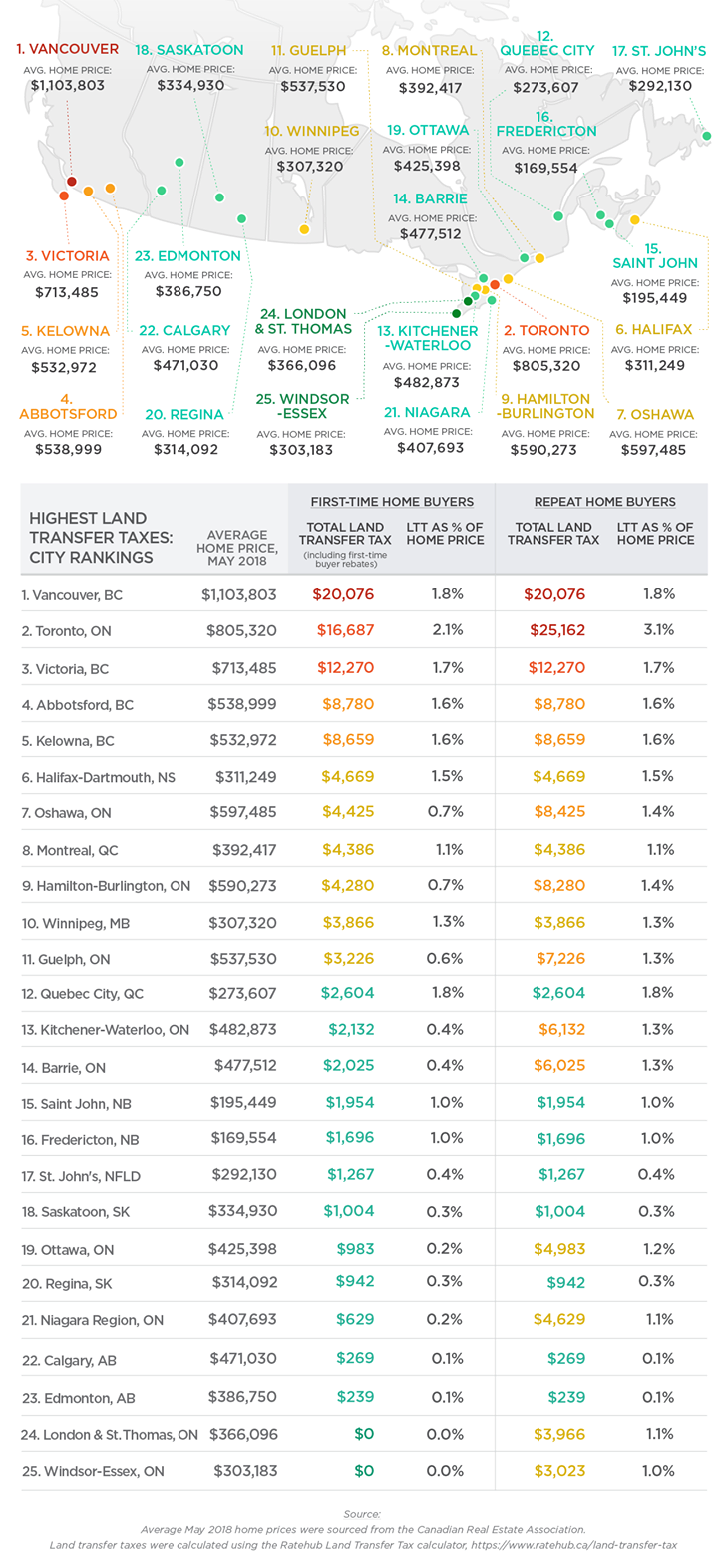A Burnaby pensioner is suing a construction company that has put a claim on half of the home she lives in and that represents her lifetime savings.
In October, 80-year-old Tina Gully was upset to learn that Ledcor Construction Ltd. had gotten a “certificate of judgment” in court for the half-interest in her apartment suite she had given to her son, who owed the company $800,000 arising from a business deal.
According to court documents, in May 2015 she had added her son, Steven Gully, as a joint tenant on the title of the high-rise suite on Kathleen Avenue near Metrotown.
She says that the property transfer was done without her son’s knowledge, agreement or consent and was solely for the purpose of estate planning given her age.
Gully, who earns $20,000 a year after taxes, says she intends to give her estate to her two grandchildren and didn’t add them to the title because they are still very young.
Her son did not know of the transfer until after the certificate of judgment had been registered on the property, she claims.
The grandmother of two says she asked Ledcor to remove the certificate, informing the company that Steven holds the property in a “resulting trust” for her, but that the company has refused to do so.
Initially she named her son as the sole defendant, with the son not responding to the lawsuit, and later added Ledcor in an amended notice of civil claim filed in B.C. Supreme Court seeking to have the certificate removed from the title.
“Since the certificate, it has always been my fear that I will not be able to support myself,” Tina Gully says in an affidavit filed in April. “It has become a daily stress and concern for me. I sometimes cannot sleep at night because of this ordeal.
“I cannot understand why my lifetime saving has been claimed by Ledcor when Ledcor was doing business with Steven, and I had nothing to do with that.”
She says she has health issues and is not sure that if she sells the apartment and Ledcor gets half of the proceeds of sale, she will be able to afford moving into a senior’s care home.
David Chen, a lawyer representing Tina Gully on the Ledcor matter and who was not involved in the estate planning, said that to be fair Ledcor has informed him that they don’t plan to kick Gully out of her home or seek to have the property foreclosed pursuant to the certificate of judgment.
“That said, I think to an extent, they put the judgment on the property and what they would like to do is collect on it eventually,” said Chen.
“And that may be when either Ms. Gully moves out because she’s very senior and she’s already looking at going to a seniors home, or when she passes.”
Steven Gully said he believes his mom got bad legal advice on the estate planning and unfortunately got dragged into his financial dispute with Ledcor.
He said he had “no idea” that his mom had given him half title on the property until the lien was placed on the home.
“As far as from a legal perspective, I’m certainly not going to oppose her motion. The easiest thing is to not respond and hopefully the judgment goes her way.”
In several e-mails, David Hoff, a spokesman for Ledcor, said that the son hired Ledcor to undertake construction for a commercial venture and as part of his assurance of payment, he made his personal assets available to the company as a guarantee.
He said that Steven Gully and his company owe $800,000 for the work, with the work involving Ledcor paying hundreds of thousands of dollars to local sub-contractors and professional trades.
“Despite extensive efforts by Ledcor to work out a mutually acceptable payment plan, Steven and his company reneged on the arrangement,” said Hoff.
The company spokesman said that as a result of the son’s failure to pay his debts, the company secured the 50 per cent equity in the Burnaby home and added that if the debt is paid, Ledcor will remove its interest in the suite.
“Ledcor is not taking any steps to disrupt the use of the premises by the mother. It is only protecting its rights as a judgment creditor.”
The case is expected to be in court Aug. 17.
Article read here. Keith Fraser @ The Province.
Tibor Bogdan & Associates
*Personal Real Estate Corporation
Sutton Showplace Realty
cell: 604-855-2521
TF: 1-877-858-2408




